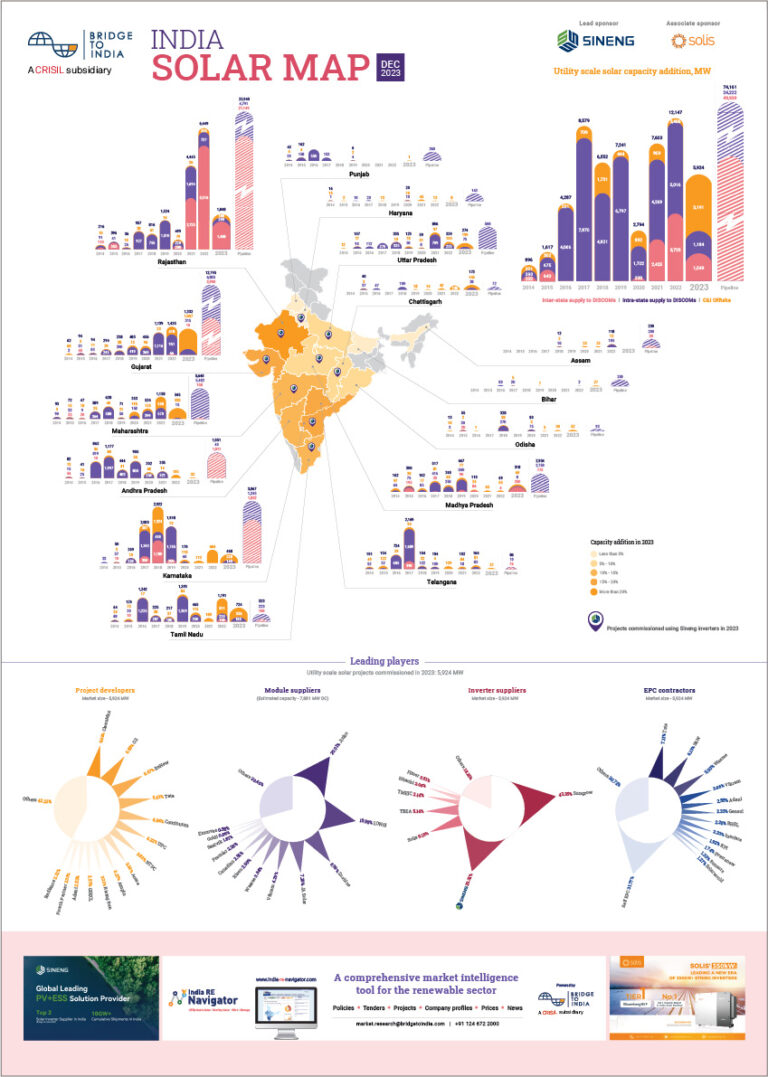In a recent statement, Ministry of New and Renewable Energy (MNRE), has said that it proposes to allow tax incentives for households who wish to set up rooftop solar plants and the proposal is to be discussed with the Ministry of Finance (refer).
- As of now, individuals and or households do not get any tax benefits for going solar
- The proposed tax incentive is expected to promote distributed solar generation
- Like the accelerated depreciation benefit the proposed income tax incentive is not output-related and is based only on the investment made
Currently, accelerated depreciation benefit (80% in the first year) is available only to companies. It allows them to reduce their taxable profit in a given year if they invest in a solar plant and hold it on their balance sheet. As of now, individuals or households do not get any such benefit (refer to BRIDGE TO INDIA’s blog on how this is hurting the solar sector).
The new proposal is encouraging. The shape and form of the proposed tax incentive is not known, but broadly, it is expected to promote distributed solar generation for households and small commercial and industrial establishments by allowing individuals to offset their investment in solar rooftop plants against their taxable income. The idea is much more preferable to MNRE capital subsidies (30% subsidy provided by MNRE in principle to rooftop projects less than 100 kW) because subsidy disbursement process is marred by funding delays and bureaucratic procedures. However, the idea of tax incentives has room for improvement and needs to be thought through in more detail.
Like the accelerated depreciation benefit, the proposed income tax incentive is not output-related and is based only on the investment made i.e., it does not encourage quality in solar installations. Such tax incentives tend to incentivise short term decisions rather than the longer term investment approach befitting a long-lasting renewable energy installation. The Indian wind sector has grappled with this challenge. The second is that such tax benefits depend on the investor’s ability to absorb tax benefits and are not available to all investors thereby distorting the market. Why not decouple the tax benefit from the investment in the same way that, say a carbon credit or a renewable energy certificate can be traded independently of the power output? That would attract professional, financial investors who want to develop solar projects in special purpose vehicles which cannot utilise income tax or accelerated depreciation incentives. They are expected to be better at developing, financing and operating solar power plants because of their ability to bundle projects and their greater focus on quality and experience. This would drive down the cost of solar and create a level playing field.
Jasmeet Khurana is a consultant at BRIDGE TO INDIA.












